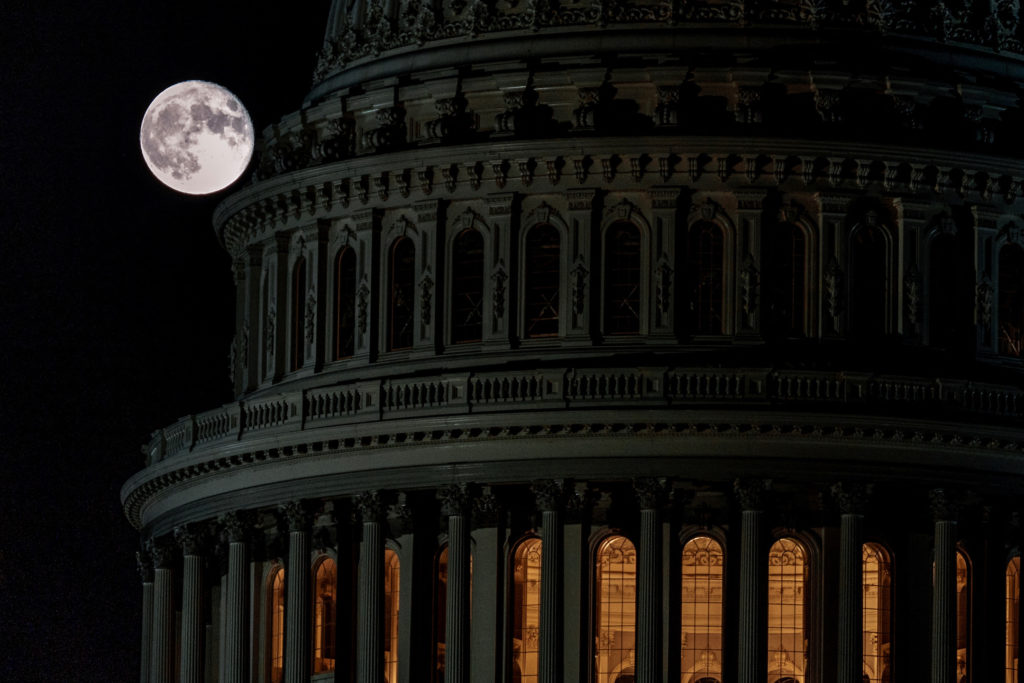
Lisa Desjardins:
OK.
We have all been through this game before, right? And I have to say, I'm usually an optimist. I'm also usually very leery of this situation, because, by the end, we know these lawmakers have ways of figuring this out by the deadline.
But, Amna, I have to say, given the dynamics that we know, given the conversations I'm having on Capitol Hill, we are hurtling toward a government shutdown. Something dramatic has to change to avoid one.
Now, this is based on initially some very substantive issues, primarily that House Republicans are concerned about spending and the growth of the national debt ahead. They want to curb spending. That's the actual easy part. It's hard, but it's the easy part here, because Republicans then can't agree amongst themselves over how to do that.
Let's just look at a list of the things that House Republicans can't agree on amongst themselves that I heard about today, one, the size and shape of those spending cuts, two, Ukraine funding. That's something we talk a lot about on this show, big divide over whether Ukraine should get more money, immigration, border policy, also what to do there, and the shutdown itself.
There are some Republicans, Amna, who believe a shutdown could be a good thing. Believe it or not, they think that it would force the issue about spending and the national debt. They are the minority. But there are others who say, no, that's ridiculous. We shouldn't be going toward a shutdown.
But the idea that there are Republicans like that is adding to this dynamic and really increasing the chances of us having a shutdown. One — on the other side of that are moderate Republicans, who say, listen, folks, this is out of control.
Here's Mike Lawler of New York:
ncG1vNJzZmivp6x7sa7SZ6arn1%2Bjsri%2Fx6isq2ejnby4e9Gep66anJ6worqMq5ypZaKWubG0jKemq6WRo3qltdKcrKyrlah6r7HGqKuimaSevK%2B%2FjK2mZpmmpLalecBmnqiulae7rrHNrWSsoKWpsbDDzQ%3D%3D